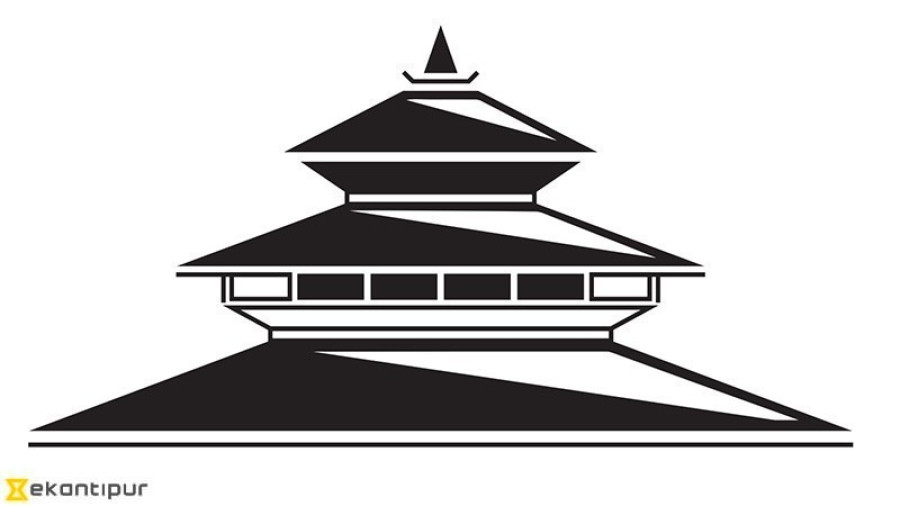Editorial
Better than before?
Women’s empowerment requires concrete policies and their robust implementation
The Ministry of Women, Children and Social Welfare has officially launched the President’s Women Empowerment Programme (WEP) in 26 of the 30 districts that are lagging behind the most in the Human Development Index (HDI). The aim of the programme is to provide skill development and capability enhancement training to Dalit, indigenous, marginalised and Muslim women. Rs55 million has been set aside for this initiative.
The main aim of the programme is to support the equal participation of women in all stages of nation-building through the promotion of equal opportunity and social dignity. The high rates of poverty exacerbate the cultural disadvantages faced by Nepali women. Thus, the Ministry has correctly emphasised the promotion of
economic empowerment through increased access to education, health and social services, and an end to gender-based violence, trafficking and social stigmatisation.
Nepali women have historically faced injustice and discrimination under the law and in practice. It was indeed a major milestone when Parliament elected Bidya Devi Bhandari as Nepal’s first female president. As the head of state, President Bhandari believes that certain salient features enshrined in the constitution contribute to women’s empowerment. But what makes the issue contentious is that the very same constitution has generated considerable backlash for some provisions that discriminate against women, like their inability to pass citizenship rights to children. President Bhandari’s support for this provision has elicited criticism of her purported ‘anti-woman’ stance.
The President’s WEP can help soften the blow of such accusations against Bhandari. However, the larger issue of women’s empowerment requires much more than employment generation for 4,000 women annually, as targeted by this programme. Stopping violence against women, giving due recognition to unpaid
domestic work and ensuring the basic rights and security of migrant women are issues that still require attention.
Women’s empowerment, besides being a moral imperative, has huge potential for growth, poverty reduction, human development, good governance and effective service delivery. To this end, concrete policies and their robust implementation are required in the face of prevalent discriminatory socio-cultural mindsets and deep-rooted patriarchal norms.




 9.6°C Kathmandu
9.6°C Kathmandu














